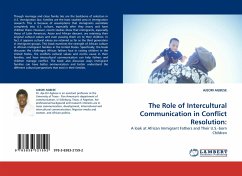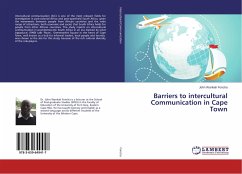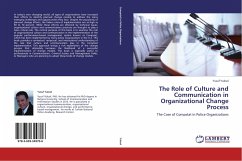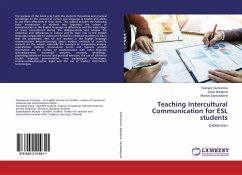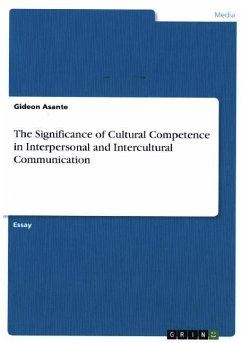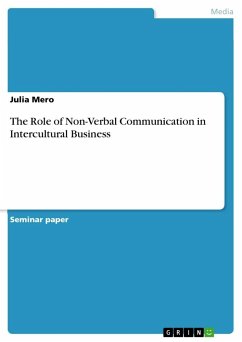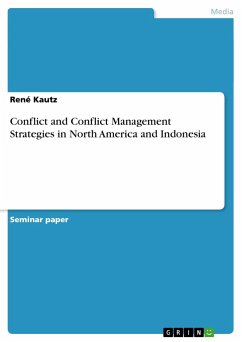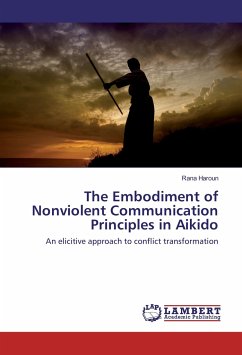Though marriage and close family ties are the backbone of selection in U.S. immigration law, families are the least studied area in immigration research. This is because of assumptions that immigrants assimilate completely into U.S. culture, especially after they marry and have children there. However, recent studies show that immigrants, especially those of Latin American, Asian and African descent, are retaining their original cultural values and even passing them on to their children. In fact, it appears cultural values are retained as far as the third generation in immigrant groups. This book examines the strength of African culture in African immigrant families in the United States. Specifically, the book discusses the challenges African fathers face in raising children in the United States, the conflicts cultural values and norms cause in their families, and how intercultural communication can help fathers and children manage conflict. The book also discusses ways immigrantfamilies can have better ommunication and better understand the different cultural perspectives that exist in their families.
Bitte wählen Sie Ihr Anliegen aus.
Rechnungen
Retourenschein anfordern
Bestellstatus
Storno

